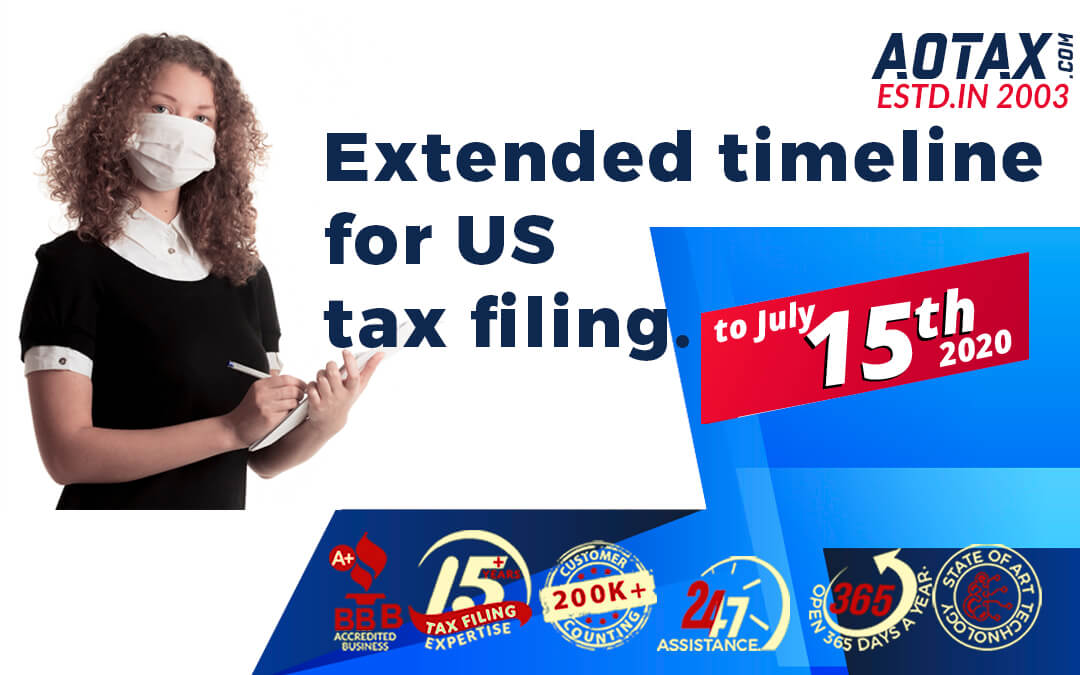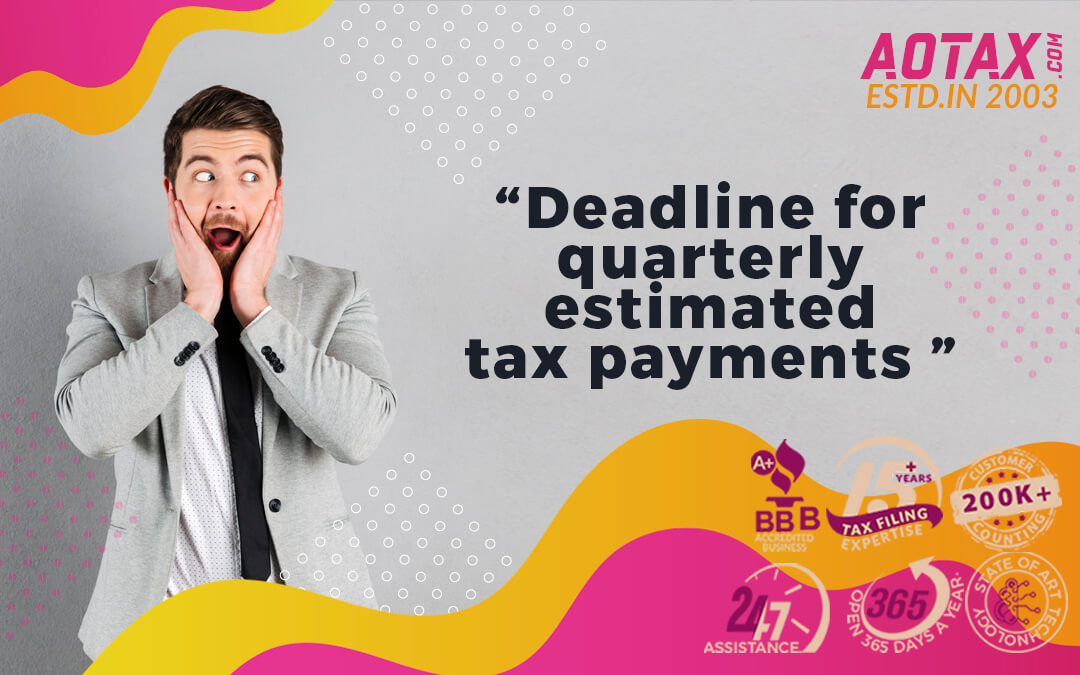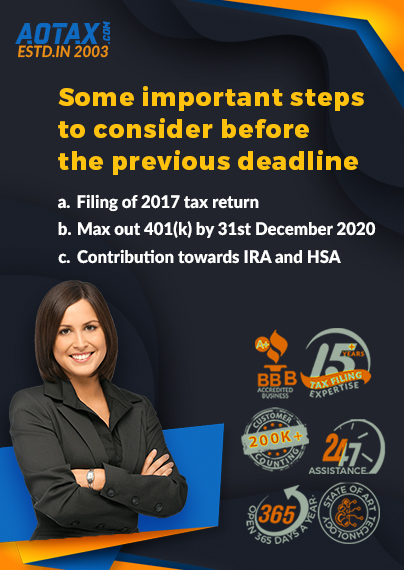
Unclaimed refund lying with IRS. Here is how to get your unclaimed refund?
Unclaimed refund lying with IRS. Here is how to get your unclaimed refund?
Since 2016, there is more than $1.5 billion as outstanding refunds with the IRS which remains unclaimed. This implies there might have been more than around one million taxpayers who may be qualifying to obtain tax refunds but did not file their income tax return.
In case, you are due for a tax refund you must file a federal income tax return to obtain your money.
A three-year window
According to the IRS, you have a window of three years within which you can file your tax return and would be able to claim any tax refund which is due. This window of three years begins on the original date when your return was due or the extended due date in case if you had filed for an extension. For the current year, this due date is 15th July 2020 or it is 15th October 2020 if an extension was filed by you.
In case, you miss out on this three-year window you would not be able to get back the money. The money will then belong to the US Treasury and you would have no right to claim the money anymore.
Why you might be having a refund due?
- If in 2016, you were filing your federal tax return as a single taxpayer who was below the age of 65 years and had an income less than $6300 then you didn’t need to file the tax returns. You can consider that income tax has been deducted by your employer throughout the year and the IRS owes to return you that. Since you were not needed to file the federal tax return you had not filed which would have been of great interest to you.
- Your income level in 2016 might be eligible to obtain a tax credit which can only be availed by filing a tax return. Due to your low or moderate-income level for the year 2016, it would be feasible that you might be eligible to obtain the EITC (Earned Income Tax Credit).
Below-mentioned are the income thresholds for 2016 and if your income for 2016 was below these limits, you would be eligible to obtain ETIC and can be done by filing tax returns by the 15th of July 2020.
- For single individuals and having three or more qualifying children-$47955 whereas it is $53,505 for a married couple and filing the tax return jointly.
- For single individuals who are having two or more qualifying children-$44648 whereas it is $50,198 for a married couple and filing the tax return jointly.
- For single individuals who are having one or more qualifying children-$39,296 whereas it is $44,846 for a married couple who are filing the tax return jointly.
- For single individuals having no qualifying children-$14,880 whereas it is $20,430 for a married couple who are filing the tax return jointly.
- There are some other tax credits as well which you might be qualifying to claim for 2016 such as Adoption credit, Additional child tax credit, health coverage tax credit, American opportunity credit, etc.
- You would be able to obtain tax credits and other tax breaks only when you file your federal income tax return. No penalty is charged for failing to file the tax return when you already have a penalty due.
How will you get back your refund?
To get back your refund, you will need the forms W-2, 1098, 1099 or Form 5498 from the year 2016. In case, you do not have these old forms you can place requests for copies of these forms with your employer, bank, or other payers. You can also the IRS tool i.e. Get Transcript Online tool on the website of the IRS where you would be able to obtain your free wage and income transcript. You might need a copy of the Form 1040, Form 1040A or Form 1040EZ from the year 2016. You can easily obtain these forms and necessary instructions on the IRS.gov Forms and Publications page.
If you have money to be paid back for student loans, any back taxes, or child support then the refund amount would be offset for the tax amount you owe to pay. Moreover, if you have not filed your tax returns for the year 2017 or 2018 then it is quite probable that the IRS would hold back your tax refund.
Conclusion
Hence, this is your chance to claim your refunds back and you should not miss this opportunity failing which the money would belong to the IRS forever.







Recent Comments